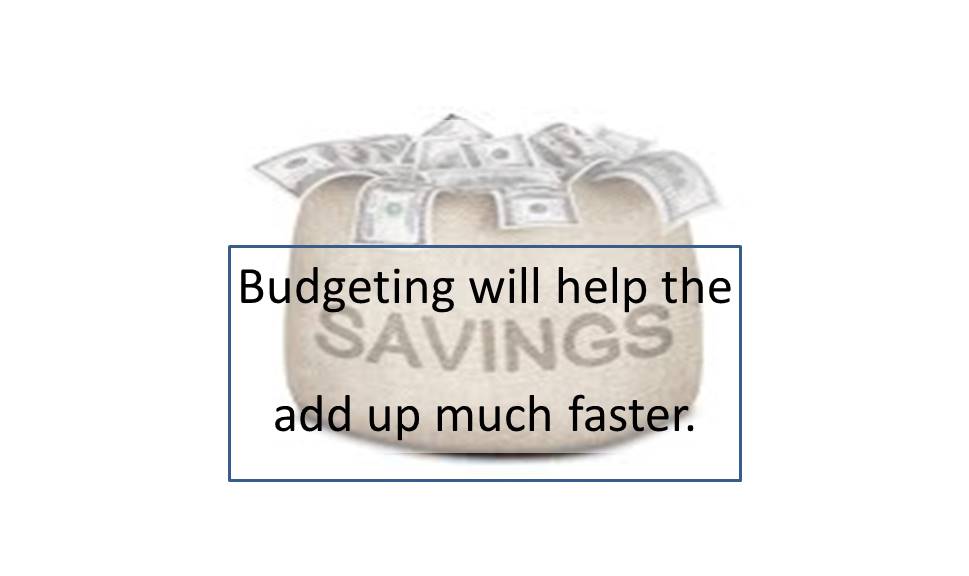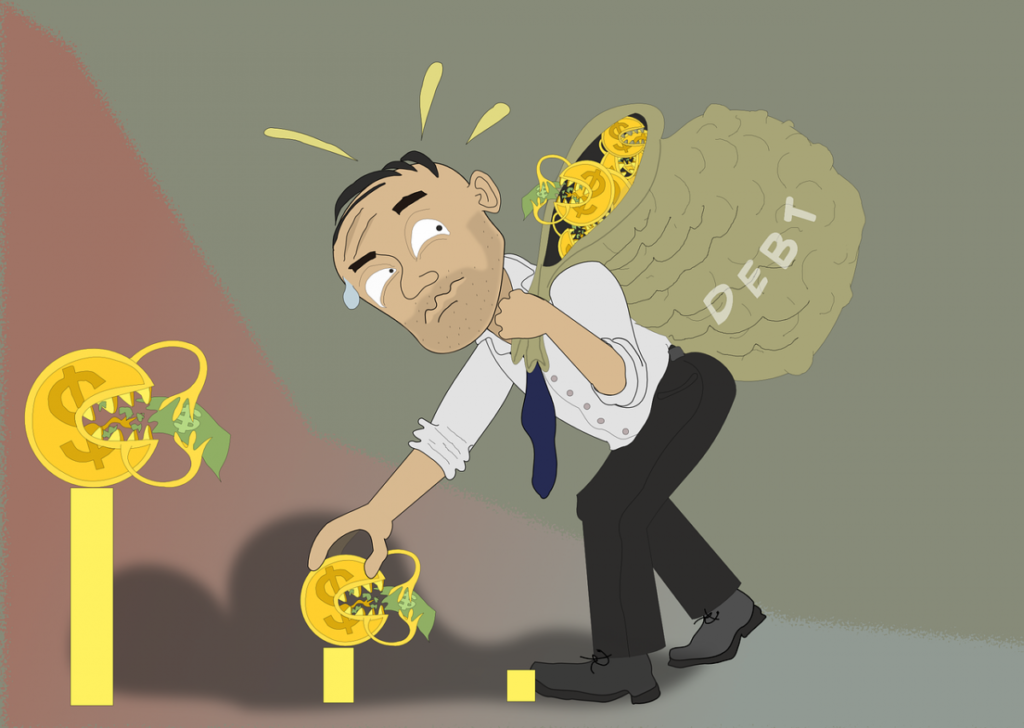Personal Finance Management Tips That Most People Can Use…
“Money, like emotions, is something you must control to keep your life on the right track.” ― Natasha Munson
So let us discover personal finance management tips that will help you build your net worth and avoid financial pitfalls. Many of these tips will seem like common sense however, some are often not applied because people are emotional about money.
Think strategically and remember the most important, try making them an essential part of your life.
Management of financial obligations
After having worked in finance (mortgage lending), I can be straightforward with the aforementioned title. Why, because I have seen individuals who have wanted to purchase a new home and could not. More times than not, it was because they had not taken care of their personal financial obligations appropriately.
Some people do not realize just how important it is not to be late on their bills and then end up paying late fees, penalties, added interest, and so on. Paying your bills on time will not only save you money and give you confidence and self-respect, but you’ll get peace of mind knowing that debtors are not going to hound you.
Watch your expenses
This seems like common-sense advice that’s easily forgotten. This should be a priority and necessary obligation to yourself. Watch those expenses like a hawk. If you can’t afford to pay for a purchase with cash, deny yourself and do not put it on a credit card. If you do use a credit card, always pay the bill in full every month.
The reason credit card debt builds so fast is people forget that they need to pay those small purchases each month instead of letting them add up.
It is advantageous not to have an outstanding balance and just pay the minimum sum on it. It’s very easy for your credit card debt to get out of control or over the limit.
Remember you do not have to live like your neighbor
Your personal finance is based solely upon how much income you have each month. Your savings, expenses, and recreation must be based upon the income that comes in. It is easy to get sidelined by watching your friends or neighbors and their purchases. However, this is not the best idea.
One of the most important facets of your personal finance management is that you realize that you cannot follow the crowd. This is entirely based upon your ability to control what you have coming in, what is going out, and what is left.
Pay your taxes
This is simple, yet important for any creature. Yes, of course, if you are employed with a company, they will deduct the payroll taxes. However, if you are self-employed you will need to make sure you pay your taxes when due.
Like Jesus said, “Render to Caesar the things that are Caesar’s” … and no matter how much you debate about whether taxes are fair, the government wants its money and it will get it by any means.
It is important to pay your taxes on time so that you can avoid penalties and other legal implications that can arise from the long arm of the law. If you do not pay your taxes, it can and will affect your credit with liens for unpaid taxes on your credit report.
Make sure your insurance is up to date
This is common sense again, but you will always need to keep your insurance up to date for your car, home, health, and so on. We live in a highly litigious society these days. If someone gets hurt in your home or by your car, you may find yourself facing a lawsuit. Being insured will help you to offset the unknown costs.
The same applies to health insurance that seems like a monumental waste of money until you need it. Never underestimate how important insurance is. You never know what can happen with you or your family (if applicable), accident-wise, or just normal occurrences of health issues.
Negotiate where possible
Some individuals are afraid to buck the guy who is sitting behind the desk or on the phone about lower pricing. They are human, and if they are knowledgeable, they would do the same thing before paying a reasonable price for something.
This can include buying a home, purchasing a car, or making any financial decision. If you can negotiate, always ask for a lower price. If you don’t ask, you don’t get it. You’d be amazed by how much you can save just by asking.
Write down your expenses and keep a budget
Keeping track of your expenses is one of the wisest things you can do. A budget is a necessity to maintain an accurate account of what is coming in and going out. Write down all your expenses daily down to the last cent. This will give you an idea of just where your money is going. It’s a fantastic exercise for developing self-awareness of your spending habits.
Knowing how you spend and where the chunk of your money goes will not only help you to balance your budget better, but you’ll be able to trim away unnecessary expenses.
Create and maintain a habit of saving a portion of income **by learning how to invest in yourself
No list would be complete without mentioning that you should save FIRST, before spending. Some books will tell you to save 10 percent while others will give you savings formulas.
The amount you save is not as important as the habit itself. You want to inculcate the habit of saving. Over time, you’ll have a sum of money that you know you can always fall back on.
Just this knowledge alone will give you more confidence and elevate you from a position of financial desperation to one where you’re relatively safe. This mindset shift will allow you to focus on earning more and increasing your net worth.



